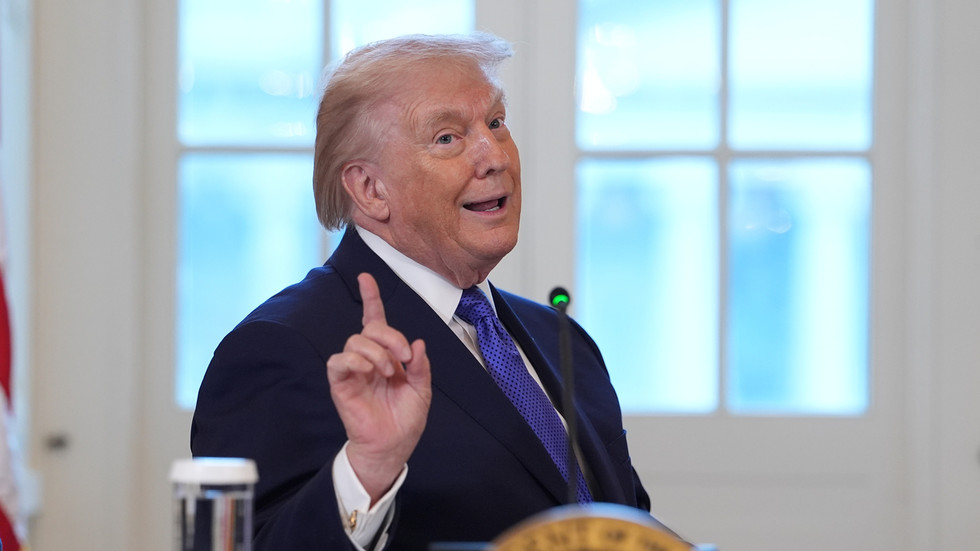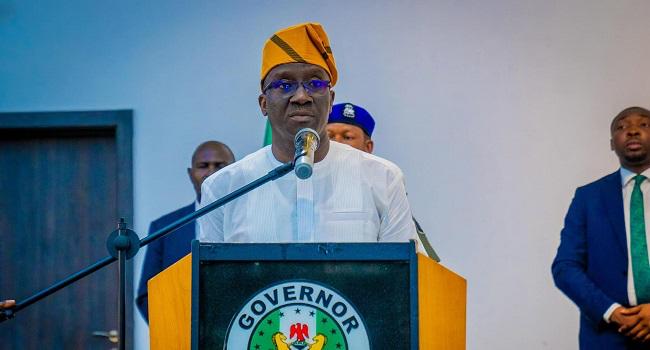The Chairman of the Independent Corrupt Practices and Other Related Offences Commission (ICPC), Dr. Musa Aliyu (SAN), has emphasized the pivotal role of Nigerian youths in combatting corruption. Speaking at the inauguration of 30 Students Anti-Corruption Clubs (SACs) in Abuja, Dr. Aliyu urged the students to become agents of change and pillars of integrity within their educational institutions.
Youths as Catalysts for Change
Dr. Aliyu highlighted the firsthand exposure of students to various corrupt practices within schools, ranging from bribery to embezzlement of funds. He called upon the youth not to remain passive observers but to actively combat corruption by serving as whistleblowers and reporting any instances of malpractice to relevant authorities and the ICPC.
Empowerment for Ethical Leadership
Addressing the student leaders present, Dr. Aliyu stressed the importance of leading by example and cultivating ethical values. He emphasized that the establishment of anti-corruption clubs symbolizes the commitment to instill positive behavioral change in schools, empowering students to challenge the status quo and demand accountability from those in authority.
The Urgency of Collective Action
The ICPC chairman underscored the pervasive nature of corruption within the educational system and its detrimental impact, as evidenced by recent fake certificate scandals. He reiterated that the fight against corruption is a collective responsibility that demands shared commitment from all stakeholders, especially the future leaders of the nation.
Building Integrity and Innovation
By establishing the SACs, the ICPC aims to provide a platform for students to understand the root causes and repercussions of corruption, engage in discussions, and develop innovative strategies to counter the menace. The objective is to nurture a generation of leaders who reject the allure of corruption and strive for excellence with unwavering integrity.
Partnerships for Progress
The collaboration between the ICPC and educational authorities was commended for yielding tangible results, with students already demonstrating a commitment to anti-corruption activities in their respective schools. This partnership seeks to instill anti-corruption values and foster a culture of integrity among the younger generation, thereby contributing to the larger societal goal of combating corruption.
Empowering Youthful Voices
In conclusion, the call to action resonates beyond the confines of the educational institutions, as it champions the empowerment of youthful voices in the anti-corruption narrative. It emphasizes the need for youths to uphold ethical standards, reject corrupt practices, and strive for success with honor and integrity. Through collective efforts and unwavering determination, the Nigerian youth can emerge as formidable agents of change in the relentless fight against corruption.



